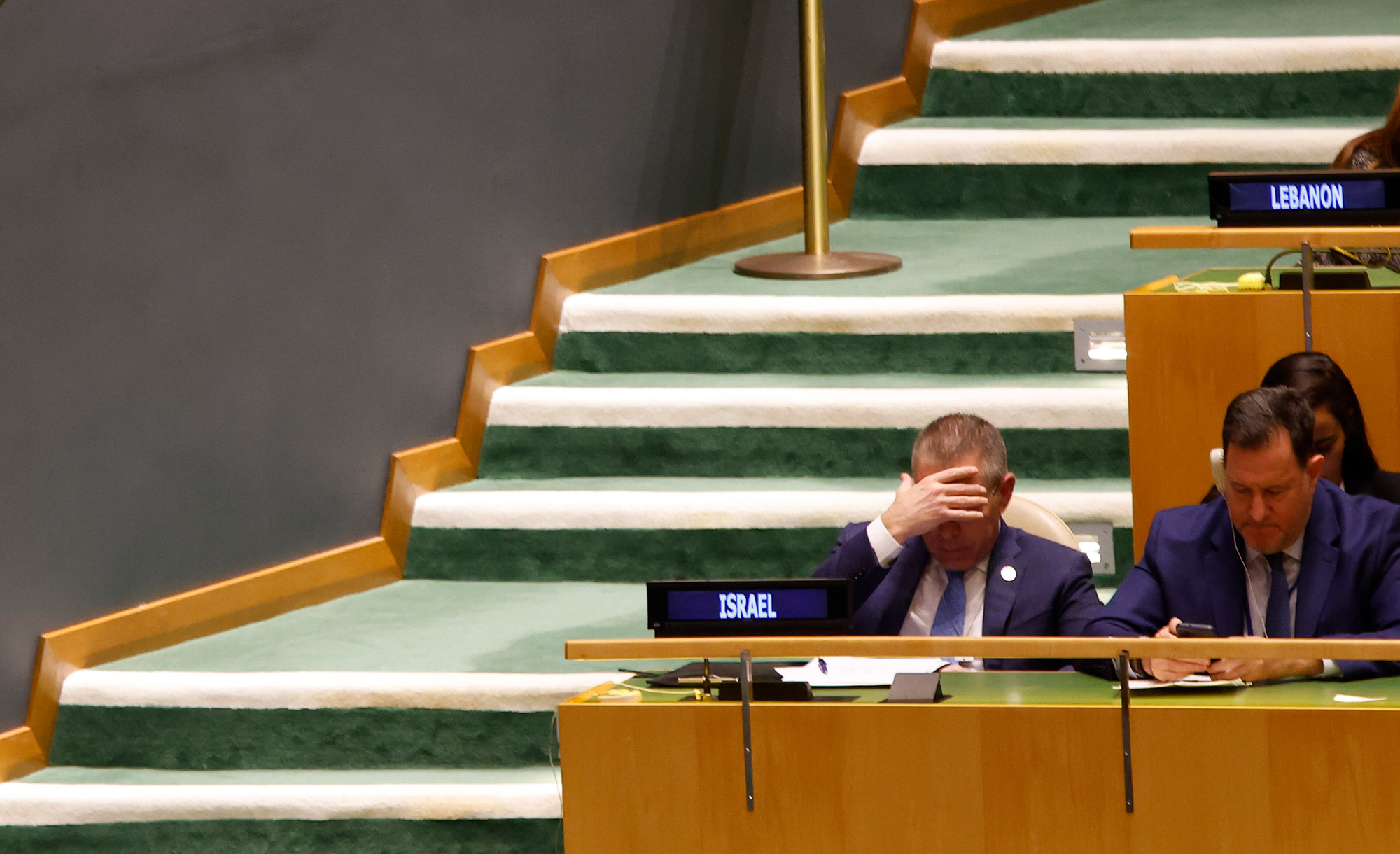Podcast: Hillel Neuer
1948 was a landmark year in international politics. It saw the establishment of modern Israel. And it saw the General Assembly of the United Nations adopt the Universal Declaration of Human Rights. That document, recognized today as a foundation stone of international human-rights law, gives voice to a range of fundamental rights meant to honor human freedom and dignity.
At the time, many of the proponents of human-rights statements and organizations were not only Jewish but proud Zionists. In the 75 years since, those two sorts of commitments seem to have grown in different directions, so that now, most people who work in the human-rights industry do not support but actively oppose the foundational premises and practical necessities of Jewish national freedom.
Hillel Neuer is the executive director of UN Watch, a human-rights organization based in Geneva. Together in conversation with Mosaic’s editor Jonathan Silver, he asks several pressing questions about this history, which he wrote about as a chapter in the new volume Jewish Priorities: Sixty-Five Proposals for the Future of Our People, published by Wicked Son. How did the human-rights movement and Israel start together? How did they grow apart? Can the human-rights movement change course, so that it can still highlight violations of human-rights law without falling prey to the obsession with Israel that today undermines its credibility?
Musical selections in this podcast are drawn from the Quintet for Clarinet and Strings, op. 31a, composed by Paul Ben-Haim and performed by the ARC Ensemble.
More about: History & Ideas, Maimonides







